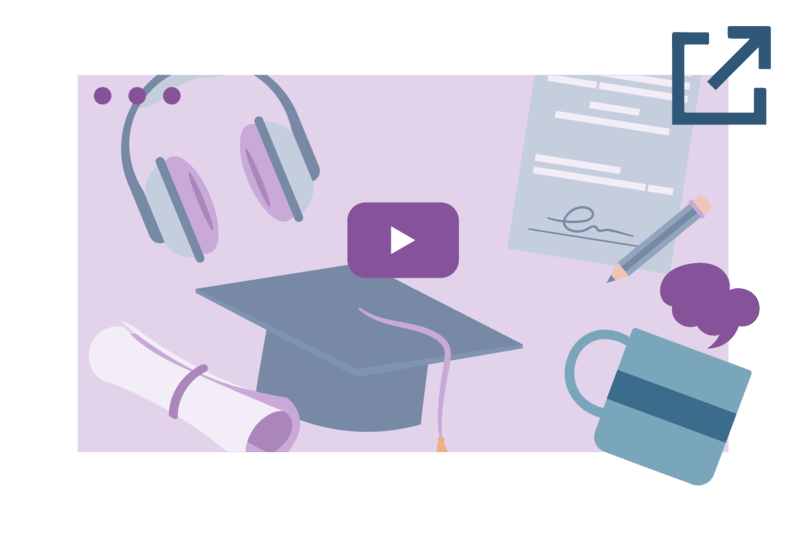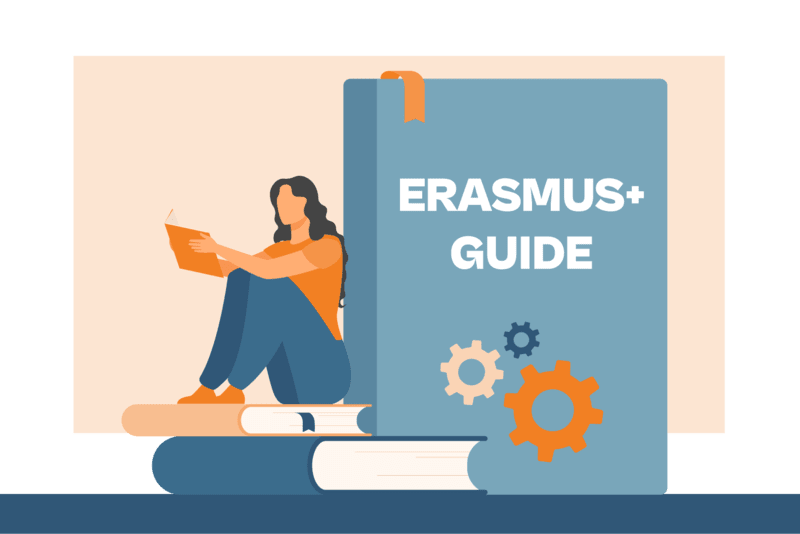
300+ Erasmus Courses
for Teachers
All Over Europe
Here you will find your high quality teacher training course and a reliable Erasmus+ partner
Your Erasmus+ mobility starts here

Extensive Topic Range
A wide range of courses, from traditional topics to the latest, including AI, environmental education, outdoor activities, and democratic values.

Diverse Destinations
28 distinct locations, each full of its unique charm, providing an exceptional opportunity to immerse yourself in the local cultural heritage.

Flexible Dates
With over 2,500 course sessions confirmed each year, you can be sure to find the perfect date that suits you.
Testimonials
Trusted by 5’000 European Schools each year
Course format
- One week length: two weeks or other format are available on request
- 5 hours per day: from Monday to Friday, with excursions on Saturday
- Fully fundable: from 80€/day, meeting the Erasmus+ KA1 budget
- Recognized: upon 80% attendance a certificate of attendance will be provided
- Flexible: change courses, locations, or dates without fees

Audience and requirements
Courses are structured around the collective sharing of participants’ experiences, therefore all courses are in English. For participants with a very low English level language courses are available too.
We also offer courses targeting specific roles in schools (courses for primary school teachers or school principals) or divided by IT proficiency.

Free resources for Teachers

Blog
Here we gather all the information that might be useful for you, content about the most popular and modern teaching techniques

Newsletter
Join 40’000 teachers: receive new resources for your professional development as well as Erasmus Plus KA1 updates
Other websites

Self-paced online courses for teachers
Deepen your teaching knowledge
with 40+ MOOCs led by expert trainers.
10+ courses are completely free

Erasmus+ Partnerships Platform
A community platform developed to facilitate connections between schools and organizations



